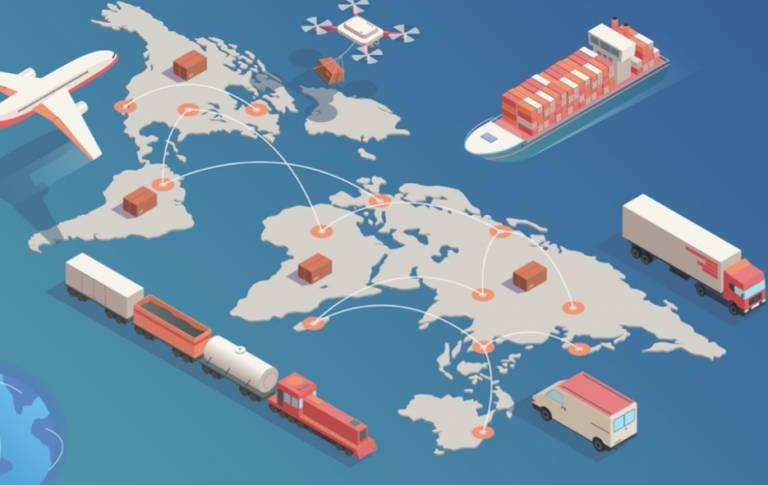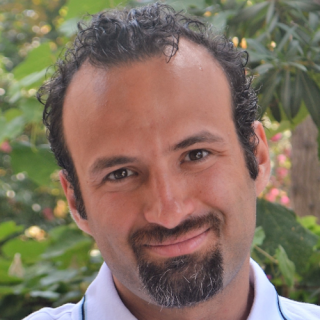Global Value Chain Disruptions: The Future of Production in 2020
30 September 2020, 1:00 pm–2:45 pm

In 2020 we are facing a range of large-scale challenges which may affect the way processes of production take place in the future. The COVID-19 pandemic, the growth of economic protectionism and the climate crisis are international issues that are already having a vast effect on global value chains. Such global scale challenges affect the ability for stable global production, including employment for the millions of people who work in global supply chains and the provision of needed products, i.e. goods and services. UCL’s School of Public Policy has brought together a set of speakers to discuss key challenges affecting the future of global production networks.
This event is free.
Event Information
Open to
- All
Availability
- Yes
Cost
- Free
Organiser
-
Simon
The following are the abstracts for the talks:
The Potential for Win-Win Business Case Sustainability Initiatives in Global Value Chains
Social and environmental sustainability initiatives designed to incentivise garment producers by presenting win-win business cases sound like a great idea, yet the multitude of programmes that have emerged using this model in recent years have not scaled up to make widespread impact. In this presentation Dr Alexander seeks to explain why growth has stalled. The findings are based on research that included interviewing representatives from large global garment brands and retailers, producers in Bangladesh, programme implementers and a variety of other stakeholders.
Speaker: Dr Rachel Alexander, Independent Consultant & Visiting Researcher, Copenhagen Business School, Denmark

Cleaning it Up: The Effect of State Intervention on Informal Solid Waste Network in India
This research investigates how the shift in the legislative framework in conjunction with a massive nation-wide cleanliness drive has impacted the solid waste management landscape in India. The recent government initiative has facilitated the entry of the private sector into the domain of waste collection and processing which is traditionally dominated by the informal actors. It looks at the provision for informal waste picker integration in the law and how it is reshaping informal waste networks on the ground based on findings from an in-depth field research (using mixed methods approach) in 2018-19.
Speaker: Dr Somjita Laha, Fellow, Institute for Human Development, India

Global Value Chains in an Unpredictable World
The COVID-19 pandemic has ushered in an era of high unpredictability in the global economy. Such unpredictability is having important implications for global value chains (GVC) and for the certainty needed, particularly for cross-border production network. In this presentation, Dr Azmeh will discuss the importance of predictability for GVCs and how the expansion of GVCs is dependent on stable systems production. He will discuss how the COVID-19 pandemic is intensifying the impact of recent political shifts to undermine this predictability and what the implications for GVCs could be.
Speaker: Dr Shamel Azmeh, Lecturer, Global Development Institute, University of Manchester, UK

Has the Pandemic Fostered New Business Models in Foodtech and Food E-Commerce?
Restrictions on movement, curfews, remote working and social distancing in the transition from lockdown is changing the way consumers access food. This will be the reality for a prolonged period to prevent new waves of virus infections. Low-income consumers are particularly vulnerable, and small and medium-sized enterprises (SME) in food systems, like growers, processors, wholesalers, retailers (both formal and informal), and restaurants, are at risk if they cannot rapidly adapt to changing consumption patterns. There is an urgent need to embrace new business models of foodtech, particularly food e-commerce, in the food industry if food value chains are to survive. Citing examples from India, South Africa and Kenya, Dr Krishnan will explain to what extent the pandemic has disrupted traditional food value chains and pushed for digital solutions.
Speaker: Dr Aarti Krishnan, Hallsworth Research Fellow, University of Manchester, UK

 Close
Close

